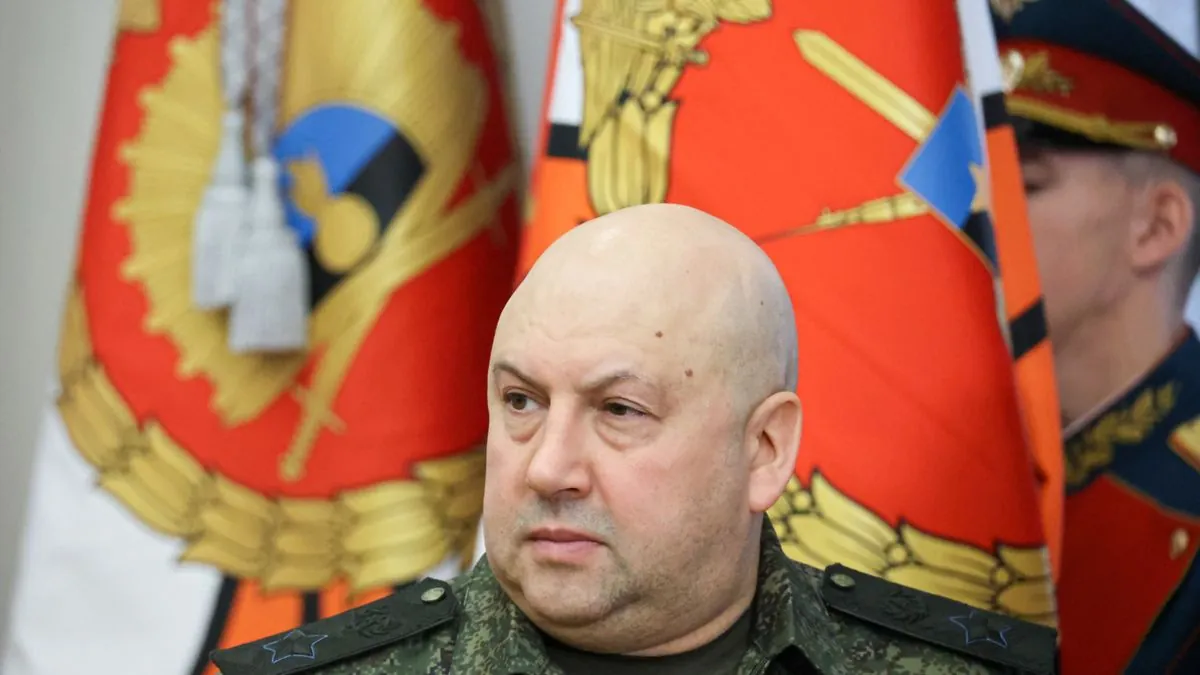In a significant development within Russia's military establishment, General Major Valery Muminjanov of the Leningrad military district has been apprehended on suspicion of accepting a substantial bribe. The Russian Investigative Committee, the country's primary federal investigating body, announced the detention approximately one year ago, on September 2, 2023.
The allegations against Muminjanov involve the acceptance of 20 million roubles, equivalent to $224,000, in exchange for facilitating contract awards to certain companies for military clothing supplies. This incident highlights the ongoing issue of corruption within military procurement processes, a problem not unique to Russia but prevalent in many nations' defense sectors.
The case against Muminjanov is part of a broader series of corruption investigations that have been unfolding within the Russian military. These probes gained momentum following a significant leadership change at the Defence Ministry in May 2023, when Andrei Belousov assumed the role previously held by Sergei Shoigu.
"General Major Valery Muminjanov, according to investigators, helped several companies win contracts to provide the military with clothes in exchange for the money."
This case sheds light on the complex structure of Russia's military administration. The Leningrad Military District, where Muminjanov served, is one of several administrative divisions within the Russian Armed Forces. These districts play a crucial role in organizing and managing military resources across the vast Russian territory.
It's worth noting that the rank of Major General in Russia, held by Muminjanov, is equivalent to a two-star general in Western military hierarchies, indicating a position of significant authority and responsibility.
The Russian government has periodically launched anti-corruption campaigns, aiming to address issues within its institutions. However, the effectiveness of these efforts has been a subject of debate among observers of Russian politics and military affairs.
As this case unfolds, it serves as a reminder of the ongoing challenges faced by military organizations worldwide in maintaining transparency and integrity in their procurement processes. The outcome of this investigation may have implications for future reforms within the Russian military structure and its approach to combating internal corruption.
